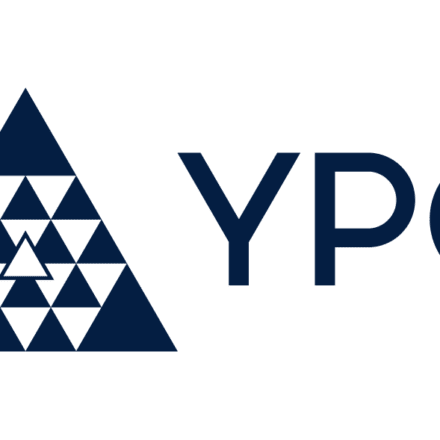What happens when a successful software company CEO decides he’s going to trade in his tie for a trowel and build greenhouses in order to improve the environmental impact of the food supply chain?
“My wife suggested the existence of our three kids and sizable mortgage was a good reason not to do it,” says Paul Lightfoot, laughing at the memory. “A few of my mates said, ‘No. You’re not doing that.’ In the end, my wife was a good sport and let me go for it, and my mates… they meant well, but they were wrong.”
How wrong? Today Paul is the CEO of BrightFarms which designs, finances, builds and operates hydroponic greenhouse farms at grocery retailers. Having partnered with multiple, major supermarkets chains, BrightFarms is revolutionizing the food supply chain sector by eliminating time, distance and costs not to mention giving consumers healthy choices, supporting farmers and providing Paul with a meaningful way to live.
Trigger Happy
“If I was looking for a specific trigger for how all this started, I would have to say that it was insight into a business model I had from a friend who broke open the rooftop solar industry by signing long-term, fixed price contracts with buildings,” Paul explains. “That idea stayed in my head for years. When I met Ted Caplow, the founder of what was then called BrightFarms Systems LLC, and heard he was building small scale, educational urban greenhouse farms, I thought the model could be applied to what he was doing.”
With this in mind, early one Sunday morning Paul drafted up a plan for Ted that showed how he could use a long-term, fixed price contract model to supply grocery stores with produce from his greenhouses. Ted agreed the design was solid, but he wasn’t an entrepreneur; he wasn’t the man for the job. But you know who was? Paul. As so it was, Paul defied his friends advice and with his wife’s (diffident) blessing, got his hands dirty.
Supply and Demand
While specialty food stores and companies like Whole Foods have already won their niche (expensive food for rich people), BrightFarms is focused on the supermarkets that sell food to the rest of America, which simply put, want fresh, delicious food they can trust and that they can trust will make them healthy.”

“In order to change the food supply chain, we are going where we have the chance to do something truly innovative,” says Paul. “In the past, all supermarkets really cared about were price, appearance and shelf life; there was never any thought given to taste or nutrition or impact on the environment. These are huge factors now; taste is correlated to freshness and that gives local a huge boost. Our greenhouses grow year-round local produce that prioritizes the farmers, the food quality, our health and our environment.”
What else is positively affected is the supermarket’s bottom line. By growing at, or near retailers, BrightFarms eliminates the heavy costs of shipping and fuel consumption. Additionally, fresher food = longer shelf lives = less shrinkage = higher gross margins. Add to that equation a long-term, fixed-price contract that protects the retailer from volatile prices, rising oil costs and inconsistent supplies and the operation is a recipe for success.
Farmer, Meet Framework
While the term ‘local’ can no longer be tossed aside as an ephemeral idea – you can’t shake a wok near a chef who doesn’t eschew a farm-to-table ethos – challenges abound for the practical application of combining the farming spirit with the business acumen.
“It’s been a challenge to cross-pollinate the business of industry and growers,” admits Paul. “I thought when I started that I would hire the best growers in the world and be off to the races, but I recognized they aren’t business people. We’re trying to get growers to use their knowledge and skills within a framework of planning and data-centricity. I think we’re doing well but it’s still not as good as I would like it to be.”

Another challenge was convincing supermarkets to alter their time-honed way of thinking.
“It was surprising that it was so difficult,” admits Paul. “We came in and explained, ‘the next time a soil virus wipes out romaine in Yuma, Arizona and all of your competitors have stock-outs, you’re not going to.’ We had to help them understand how our products would help them stand out from their competitors, improve customer loyalty and attract new customers because local was such a big demand.”
Good Words Work
Paul’s proclivity for spreading the good word is evidenced in his TED talk, “A Produce Supply Chain Revolution,” (which has been viewed more than 50,000 times), as well as his busy schedule delivering speeches at conferences such as Agriculture 2.0, Food Industry Sustainability Summit, Harvard Business School PAPSAC, Cornell Entrepreneurship Conference, Green Tech Monster and Greentopia.
In 2014, “Fast Company” named Paul to its list of ‘1000 Most Creative People in Business,’ but what really affected him, was the recognition YPO bestowed on him in 2011 as winner of the CSR Award for Environmental Sustainable Business Practices.
“At that time, I was still raising capital for BrightFarms and so in a lot of ways, the award gave me early credibility,” says Paul. “… maybe even earlier than I deserved.”
By Deborah Stoll




































